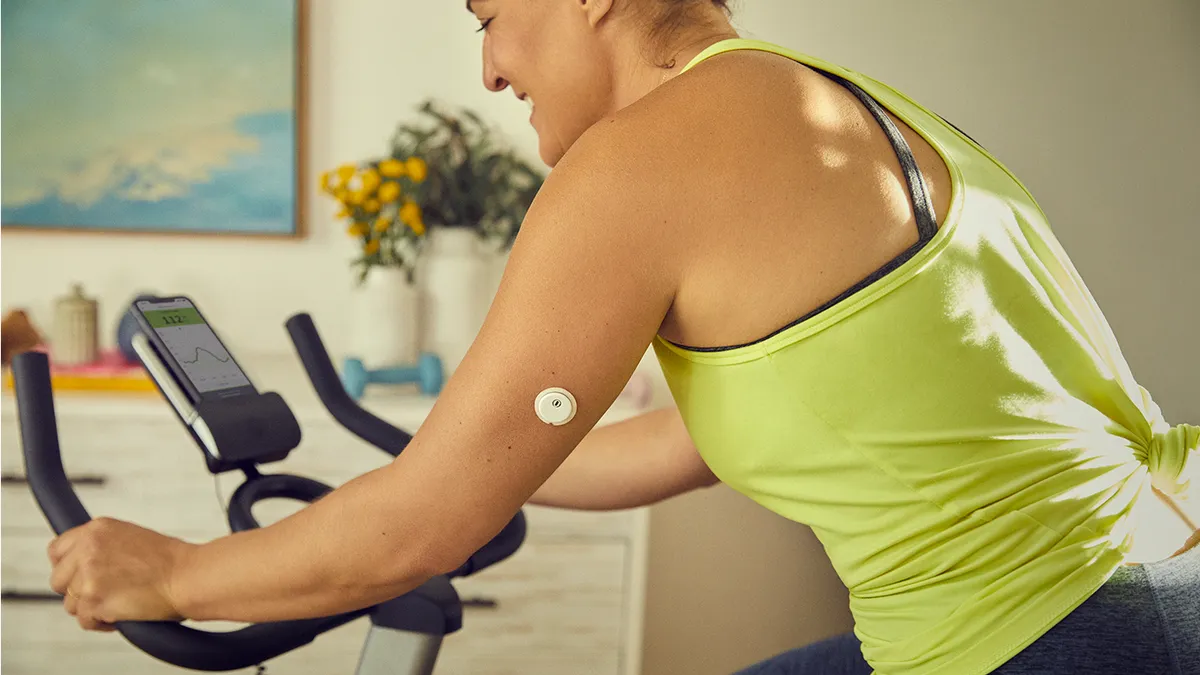Dive Brief:
- Abbott Laboratories’ FreeStyle Libre 2 and Libre 3 continuous glucose monitors can now integrate with automated insulin delivery systems, positioning the company as a competitor to Dexcom.
- The modified CGMs were cleared by the U.S. Food and Drug Administration on Monday, and for a broader group of patients, expanded to include children age 2 and older and pregnant people.
- J.P. Morgan analyst Robbie Marcus wrote that Abbott will primarily be competing with Dexcom for new patients, while William Blair analyst Margaret Kaczor expects connected insulin pump makers to benefit from the new devices.
Dive Insight:
Automated insulin delivery (AID) systems include an insulin pump that communicates with a continuous glucose monitor, which can adjust the amount of insulin administered to a user based on real-time glucose data.
With the new clearance, Abbott plans to offer the updated FreeStyle Libre 2 and Libre 3 sensors in the U.S. later this year, replacing its current systems.
The company is currently working with insulin-pump makers Insulet and Tandem for future integrations. In Germany, the Libre 3 sensor is authorized to work with the mylife Loop solution made by Ypsomed and CamDiab, with future launches planned in the UK, Switzerland and the Netherlands.
The clearance further supports Abbott’s 15% growth target this year for the Libre, and its longer-term goal of $10 billion in sales by 2028, Marcus wrote in a research note.
“This market is massive, and holds plenty of opportunity for two competitors to both succeed at the same time. With the full integration later this year, we don’t expect many, if [any], patients from a Dexcom-driven Tandem or Insulet hybrid closed-loop pump to switch to Libre, but where we see the opportunity for Abbott is in new patients, and that’s where the competitiveness will come in,” Marcus added.
William Blair’s Kaczor, on the other hand, does not expect a material change in CGM demand for either Abbott or competitor Dexcom. Part of the reason is that AID systems are primarily used by people with Type 1 diabetes, and are already used by more than half of the U.S. market. Most of the future growth for CGMs in the U.S. is expected to come from people with Type 2 diabetes who use insulin, as Medicare plans to expand coverage for these patients next month.
“As such, we expect that the announcement this morning may be more impactful for AID players, such as Tandem and Insulet, as Abbott’s reach and market share — particularly internationally — can benefit these companies that have been competing with the reach and scale of Medtronic,” Kaczor wrote.












